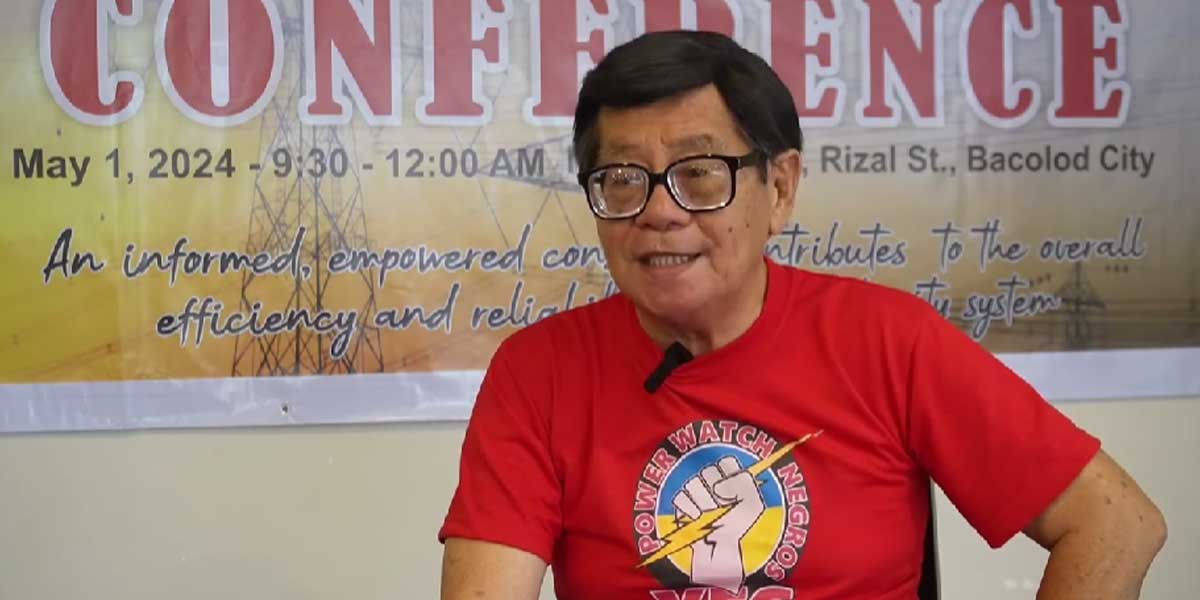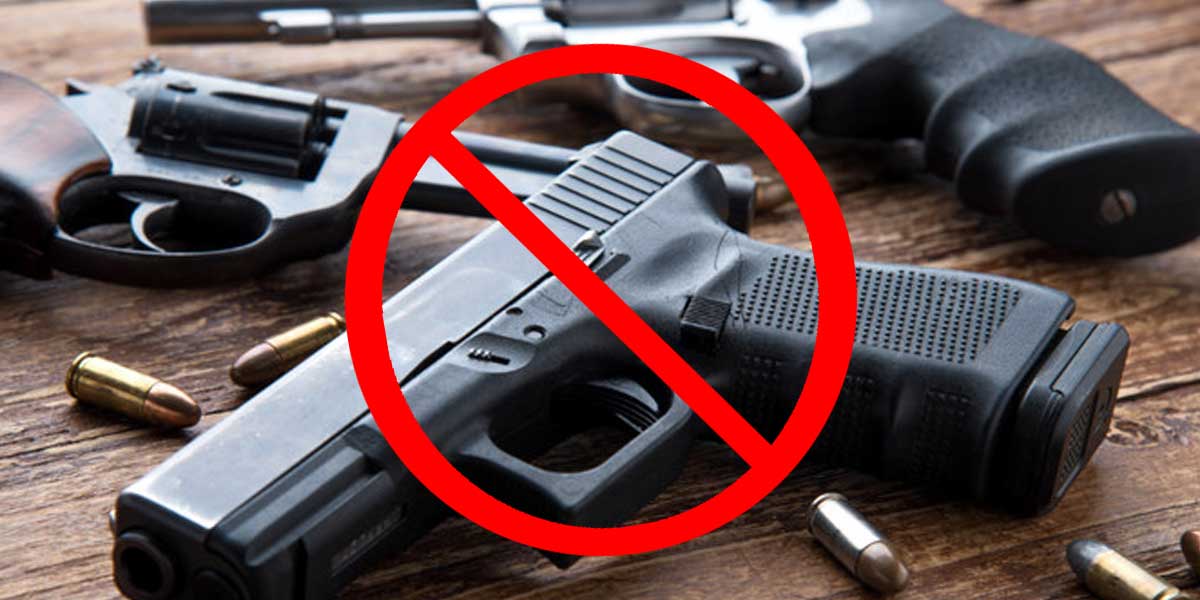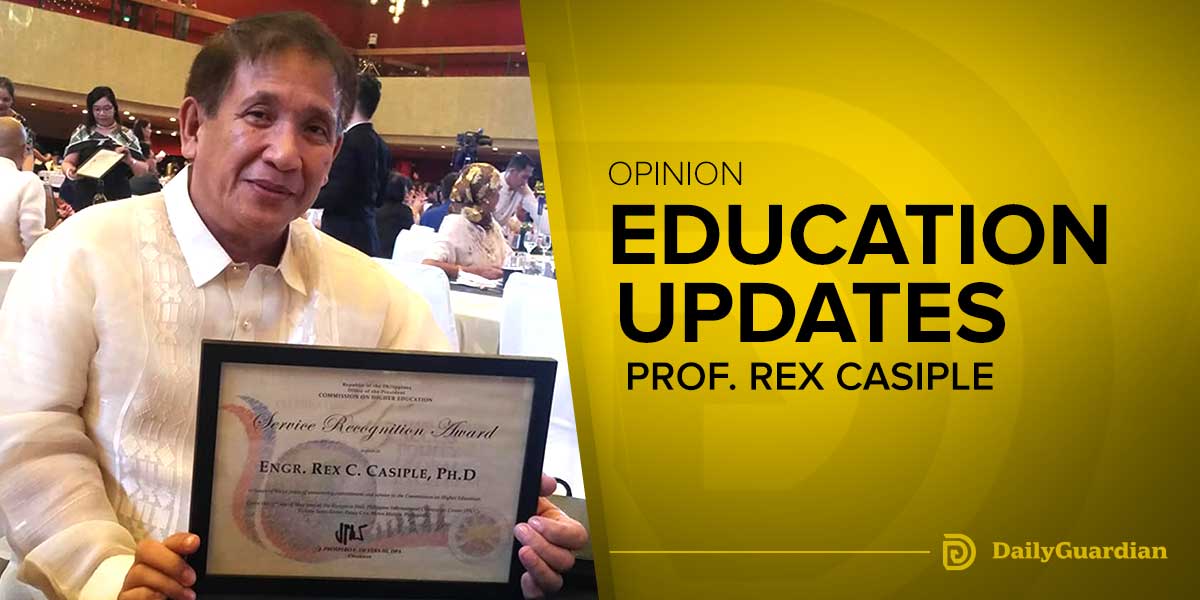
By Joseph B.A. Marzan
Less than half of the 600,000 doses of a coronavirus disease 2019 (COVID-19) vaccine purchased by the Iloilo City government from a European drugmaker were used in its massive vaccine operations, which started almost two years ago.
City General Services Office (GSO) head Joren Sartorio told Daily Guardian on Tuesday that only 183,300, or 30.55 percent, of the 600,000 doses of Vaxzevria (formerly known as AZD-1222) were used during vaccination blitzes.
The vaccines were procured by the city government via a tripartite agreement with British pharmaceutical company AstraZeneca and the Department of Health (DOH) in early 2021 for an undisclosed amount.
The city’s inventory by the GSO bared that 269,300 doses expired in March 2022 and 147,400 more a month later in April 2022.
Sartorio cited several factors in the non-utilization of these vaccines, including uncertainty in vaccine availabilities, delays in delivery of the vaccines, the donation of other vaccine brands to the city, and the continued decrease in COVID cases in 2022, among others.
“What the national government was offering at the time wasn’t clear yet, as to how many would be arriving because everything would go through them. COVID vaccines at the time were under Emergency Use Agreements, and there wasn’t any commercial approval, so everything was controlled by the national government,” Sartorio explained.
“They were manufacturing from India and Thailand, which also suffered from the pandemic, so they may have prioritized requirements there, which caused a delay in deliveries here [in the Philippines]. It was also during that time that production of Pfizer and Moderna vaccines also increased. The COVAX facility was able to deliver to the national government those vaccines, and later on, private donors. Who can refuse those vaccines for the populace? For us in logistics, we had to accept those [donations],” he stated.
The availability of other vaccine brands caused less demand and use of the AztraZeneca doses, Sartotio added.
“When the AstraZeneca vaccines arrived, there were already many vaccines available, and the people, we didn’t understand why they preferred other brands. That, [in turn,] caused the low utilization rate of the [AstraZeneca vaccines].”
The city government has started reverse logistics of the expired vaccines with the DOH-Western Visayas Center for Health Development pulling out all expired vaccines of various brands on March 24.
These included 35,311 vials of expired vaccines and 110,785 empty vials of AstraZeneca, Pfizer, and Moderna vaccines.
This process involved weekly and wall-to-wall inventory activities by the city government, with the international COVAX facility also conducting an audit of their donated vaccines last year.
COVAX or COVID-19 Vaccines Global Access is a worldwide initiative aimed at equitable access to COVID-19 vaccines directed by the GAVI vaccine alliance, the Coalition for Epidemic Preparedness Innovations, and the World Health Organization, alongside key delivery partner UNICEF.
Unopened vaccine vials continued to be stored at the Diamond Jubilee Hall on Mabini Street, Iloilo City while the opened and empty vials are kept at the Uswag Sports Center of the YMCA Building on Iznart Street.
Sartorio said the DOH has been open to replacing expired vaccines, but it cannot fully commit at the shortest possible time, citing insufficient supply.
“[The DOH] could not really commit for replacement, but before sending these bivalent [vaccine] replacements, we had been receiving Pfizer dosages. We are not expecting bivalent vaccines soon, because they don’t have guidelines on the utilization yet. These may include which groups could be injected first, similar to the previous time,” he said.
TERMINATION
Assistant City Legal Officer lawyer Quintin Magsico told Daily Guardian that the city government hasn’t paid anything to AstraZeneca yet despite the low usage and expiry of thousands of doses.
Magsico said the city government’s stance was to either terminate the tripartite agreement, or have the vaccines replaced by the DOH.
But he also admitted that termination of the agreement and non-payment wasn’t an easy stance for the city government, citing provisions of the Civil Code on Sales.
Article 1497 of the Civil Code states that the thing sold, in this case the COVID vaccines, should be understood as delivered when placed in the control and possession of the vendee or buyer, in this case the city government.
Under Article 1582 of the same Code, the city government is bound to accept the delivery and to pay AstraZeneca as stated in the agreement.
“The stand of the [Iloilo City government] is that we only pay what we used. But if you look at it from a standpoint of the legal aspect, you ought to pay what is delivered. When the AstraZeneca facility’s [vaccines] arrived [in Iloilo], they are already good as delivered, because that was the agreement. But we didn’t use them, they expired,” Magsico explained.
“As protector of government funds, our stand is not to pay them, unless there is a replacement. We will only pay what we have used. We will pay the entire amount if we were assured replacements through the DOH,” he added.
Magsico also said that they were bound to sign based on a draft contract by the DOH (which was also used in similar agreements with other local governments) and could not offer any amendments in their favor, citing the need as COVID cases were also spiraling at that time.
“The [tripartite agreement] was drafted by [the DOH], a contract of adhesion. We didn’t have a choice at the time. When you are in crisis, you have to conform or not to conform. We couldn’t [easily] say what we wanted [in the contract], because it was pro forma, and all [local governments used the same pro forma contract [with the DOH]. We had no choice, we had to conform,” he said.
The city government has written the Commission on Audit last year to seek guidance on its moves, and Magsico said they would base their moves on the commission’s reply, but as of this writing, none has been issued.
“We wrote [to] the [COA] through [their] chairperson, seeking guidance [on] how to resolve the payment issue. Right now, COA hasn’t replied to us, so until now, [payment] remains pending. Until we get that instruction or guidance from COA, or assured of a replacement of those expired vaccines, we will not pay [AstraZeneca],” he stated.
Iloilo City Mayor Jerry Treñas has mulled the termination of the tripartite deal with AstraZeneca since March 2022, citing the impending expiry of the vaccines at the time.





















